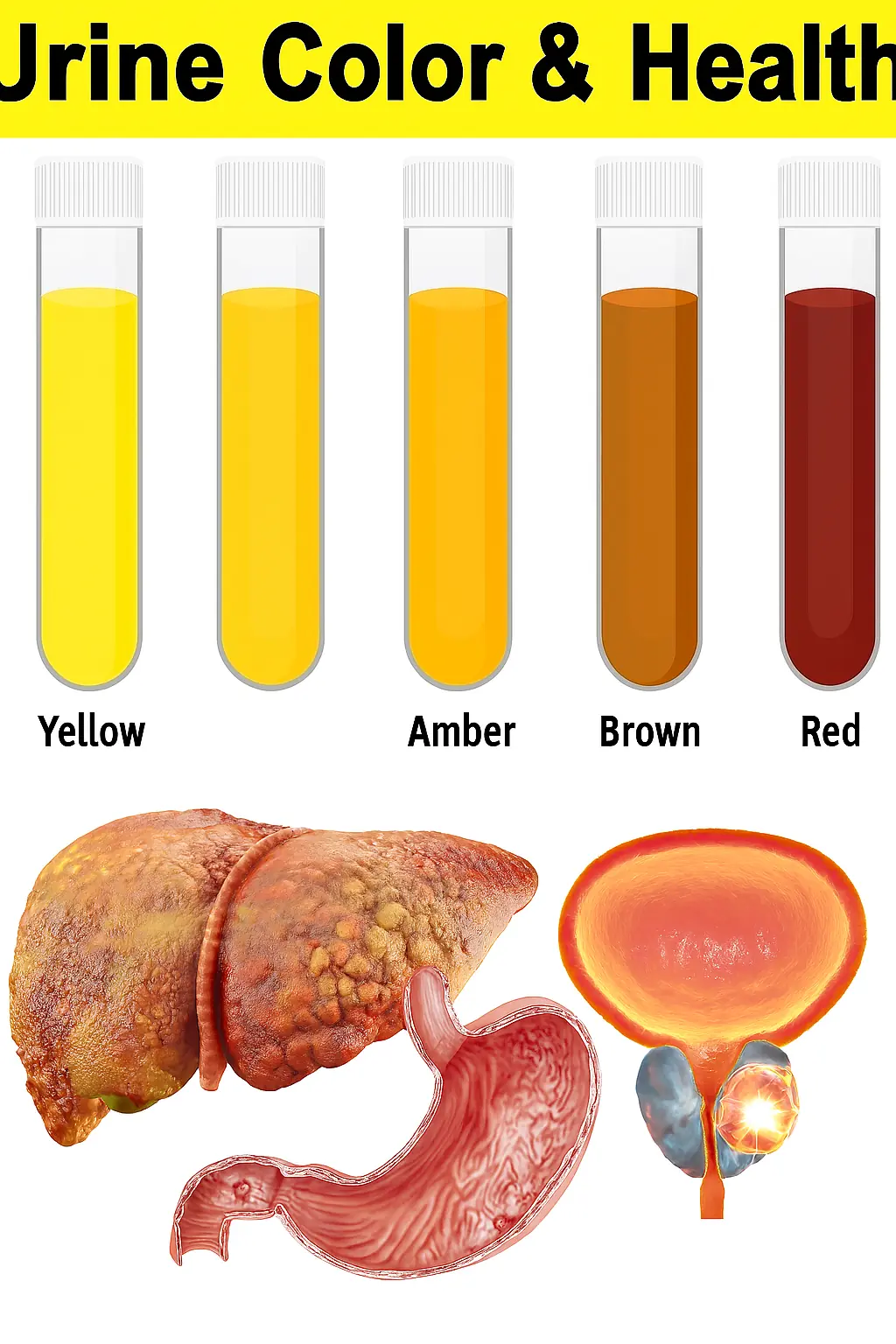
Busy Work Schedule: Is Sleeping Only 5–6 Hours a Night Harmful?
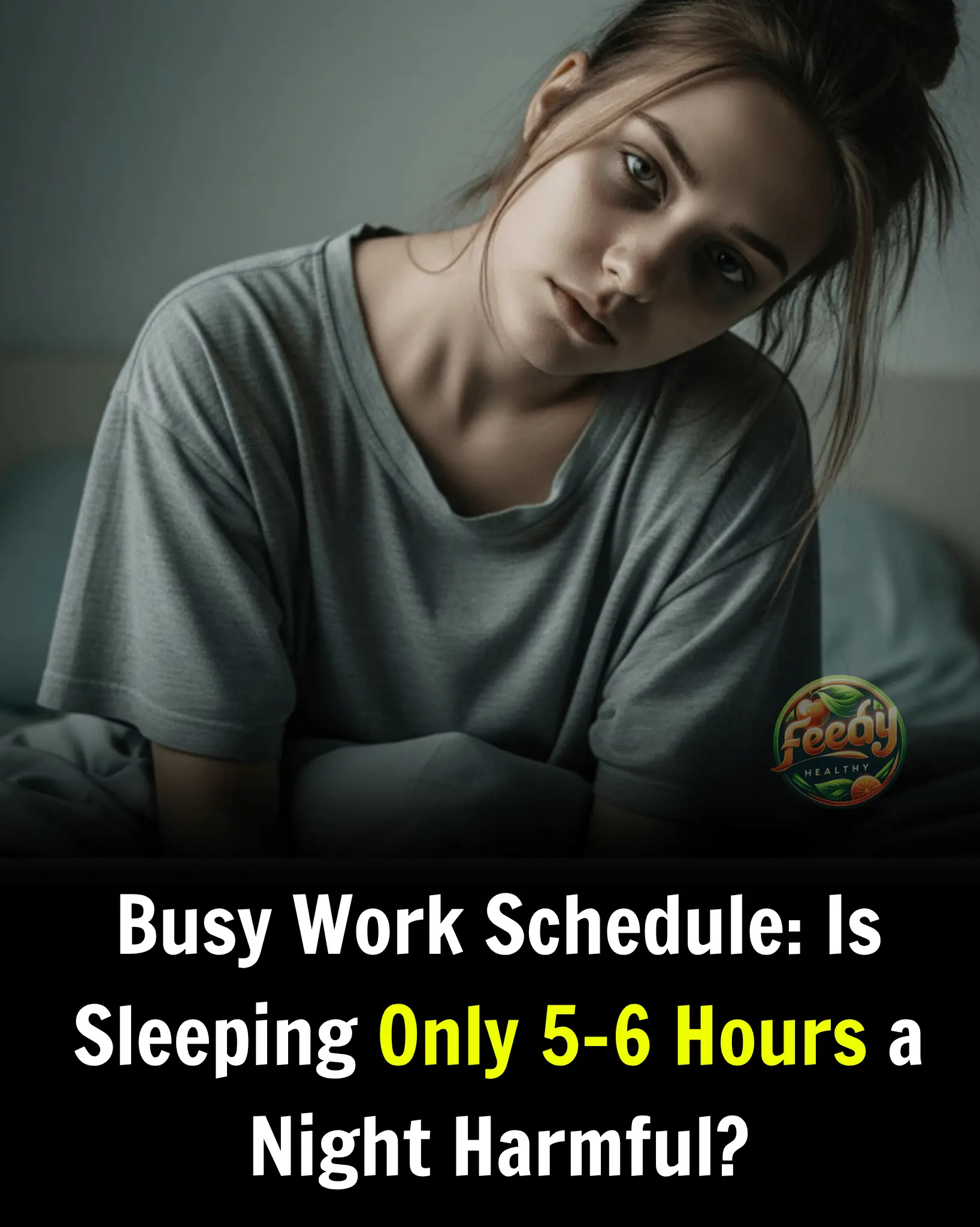
Due to the demands of modern life, many people believe that sleeping only 5–6 hours a night is enough to maintain good health. However, science shows that this is not an optimal amount of sleep—and it may even be dangerous if sustained over time.
Adults should ideally sleep between 7 to 9 hours per night. This is the amount of sleep that best supports both physical and mental well-being. When the body only gets 5 to 6 hours of sleep a day, several physiological and psychological functions can become impaired—ranging from memory and immunity to hormonal balance and life expectancy—according to the health site Medical News Today (UK).
If you consistently sleep only 5–6 hours a night, your body may undergo the following changes:
Weakened Immune System
One of the most serious consequences of insufficient sleep is a weakened immune system. A study from the University of California, San Francisco (USA) found that people who sleep less than 6 hours per night are four times more likely to catch a cold compared to those who sleep 7 hours or more.
Deep sleep is when the body produces cytokines—molecules that help fight inflammation and respond to viruses and bacteria. Lack of sleep lowers cytokine levels, slowing the immune response. As a result, the body becomes more prone to illness and takes longer to recover.
Reduced Life Expectancy
Research published in the Journal of Sleep Research shows that long-term sleep deprivation (less than 6 hours per night) increases the risk of early death, especially from cardiovascular disease, diabetes, obesity, and cancer.
Inadequate sleep affects the regulation of insulin, cortisol (stress hormone), and blood pressure. Another study in the European Heart Journal found that people sleeping fewer than 6 hours had a 48% higher risk of heart disease and a 15% higher risk of stroke compared to those who sleep 7–8 hours.
Higher Risk of Accidents
Sleep deprivation can be just as dangerous as drinking alcohol when it comes to driving. Surveys show that people who sleep only 5–6 hours per night are twice as likely to be involved in traffic accidents as those who sleep 7–9 hours.
The reason is that lack of sleep leads to slower reflexes, reduced concentration, and daytime drowsiness, all of which increase the likelihood of mistakes at work, behind the wheel, and even serious workplace accidents.
Visible Physical Signs
We may try to mask fatigue with coffee or makeup, but the body always finds a way to signal distress. According to Medical News Today, signs such as puffy eyes, dark circles, dull skin, and premature wrinkles often appear with prolonged sleep deprivation.
News in the same category


Doctor Warns: 4 Food Storage Habits in the Refrigerator That May Cause Cancer
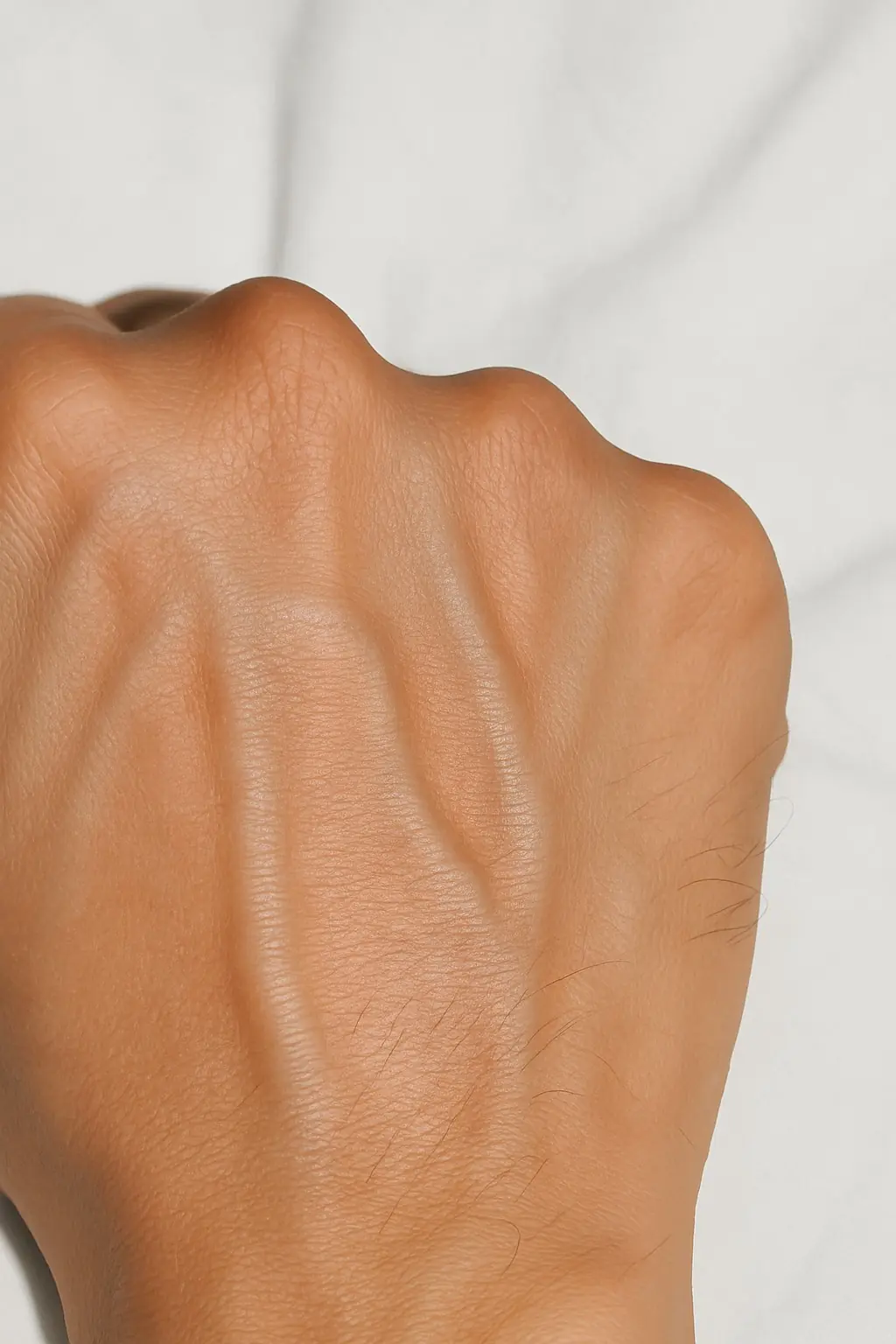
Visible Veins in the Hands: Health Signs You Shouldn’t Ignore
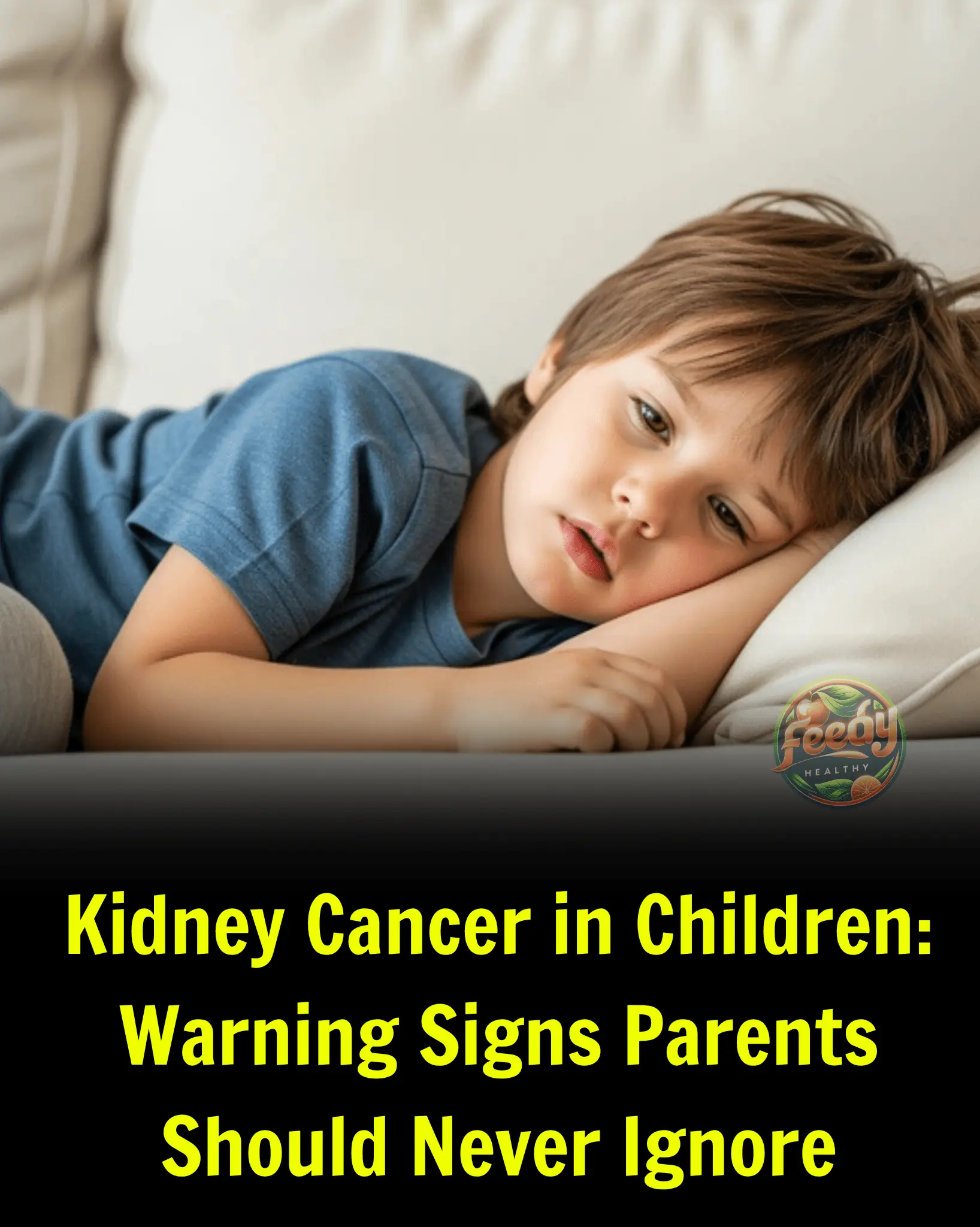
Kidney Cancer in Children: Warning Signs Parents Should Never Ignore

Two Pig Parts That May Contain Cancer Cells: Avoid Them to Protect Your Health

13 Fatal Mistakes When Using Lemon Water That You Need to Avoid
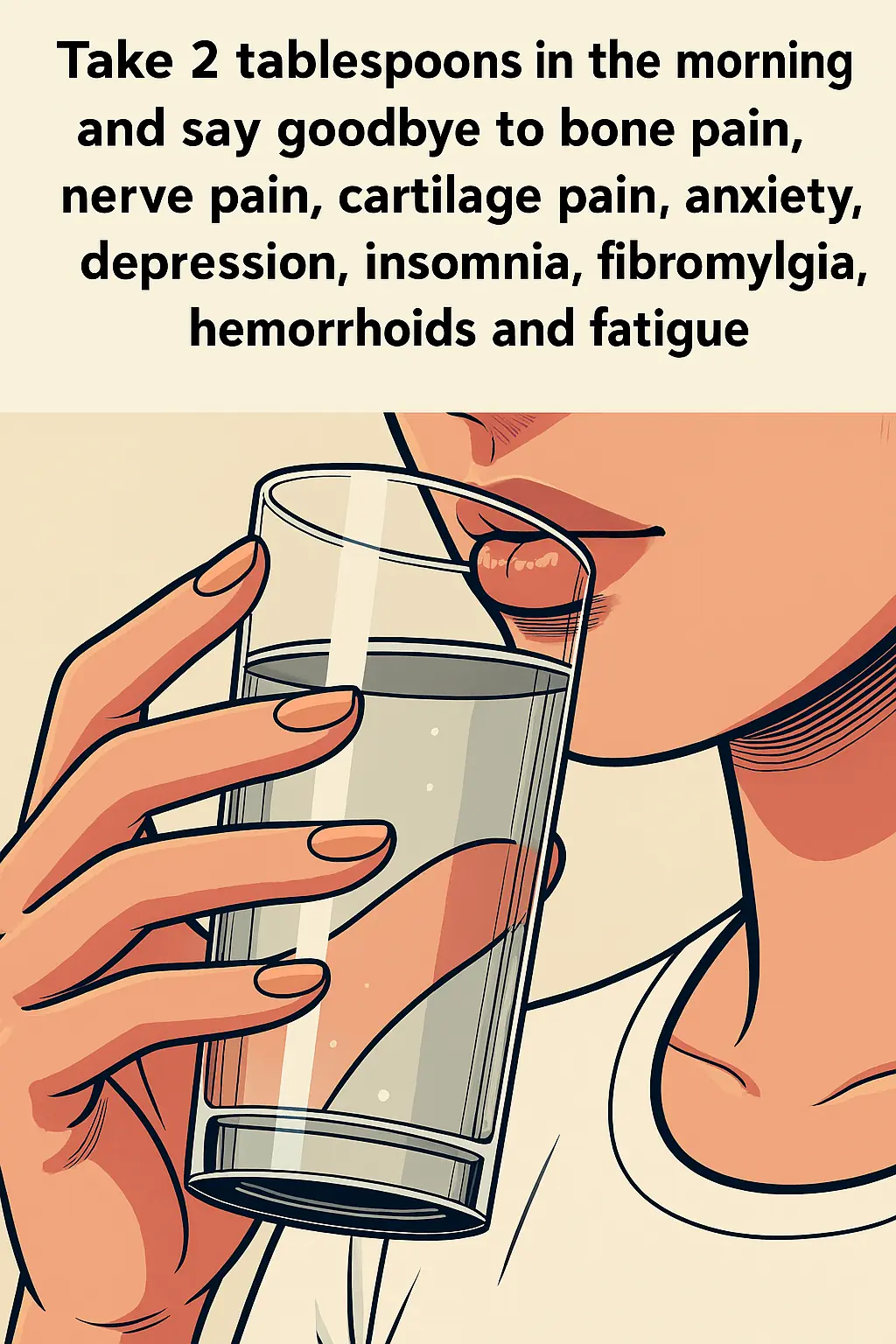
Two Spoons in the Morning: A Natural Remedy for Bone Pain, Diabetes, Nerve Health, and Depression

Warning from Hospital : Eating this type of meat daily may increase cancer risk – Don’t ignore it!
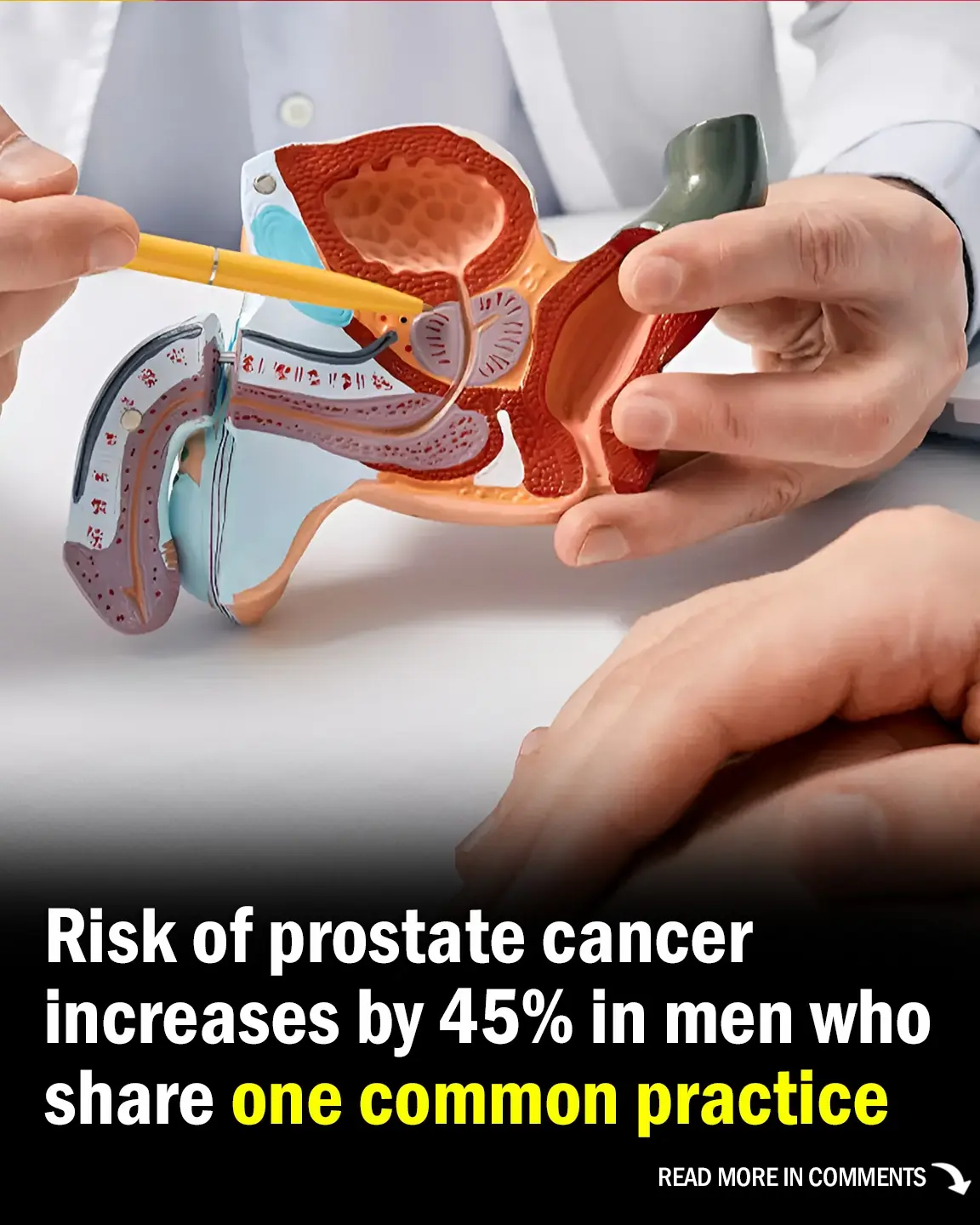
Men Who Neglect This Crucial Practice Face 45% Higher Risk of Prostate Cancer

3-Year-Old Boy Gets Super Glue in His Eye: Mother's “Golden 30 Seconds” Action Saves Him from Blindness

Unlocking the Power of Thyme: Combat Poor Circulation, Fatty Liver, High Blood Pressure, and Anxiety
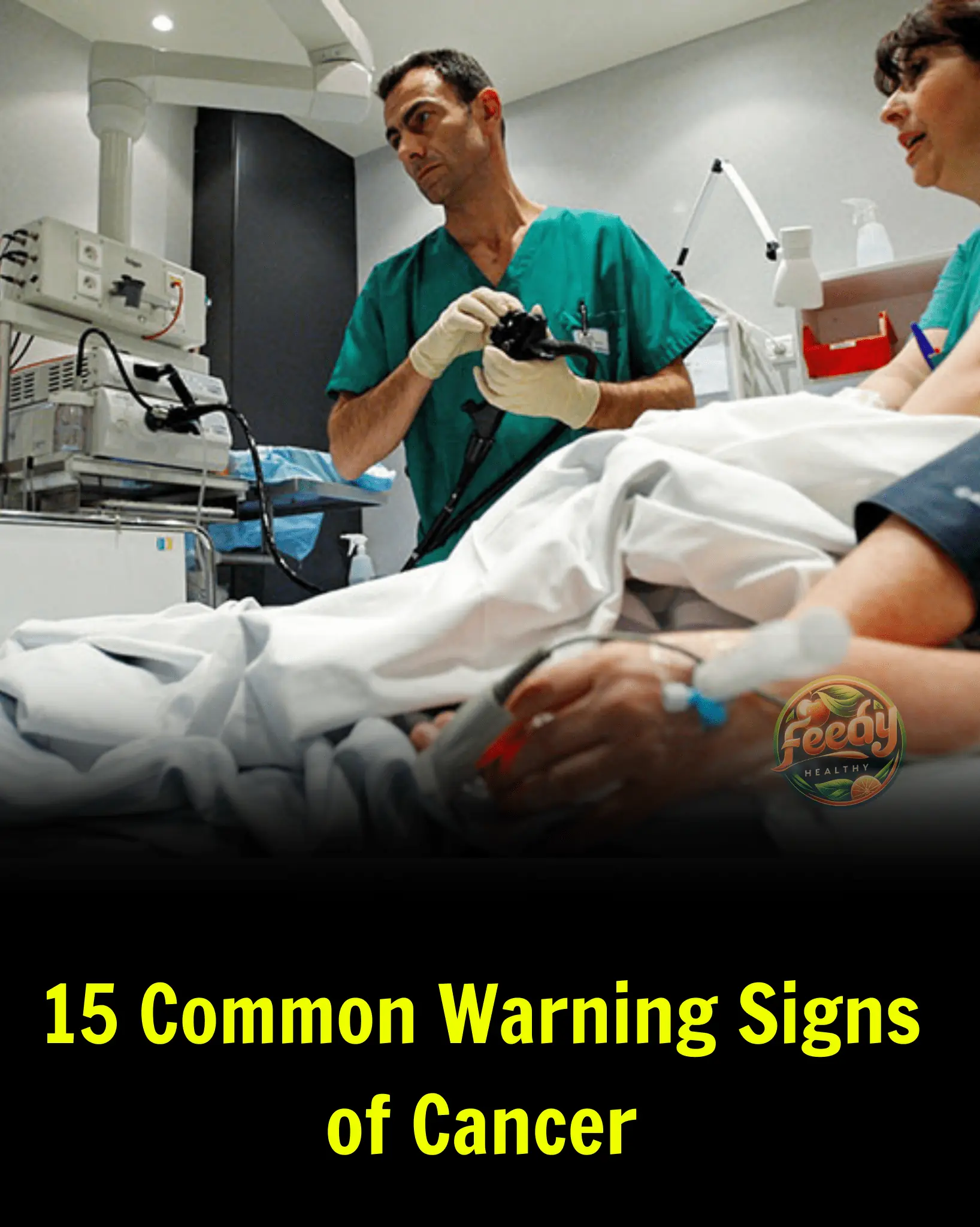
15 Common Warning Signs of Cancer
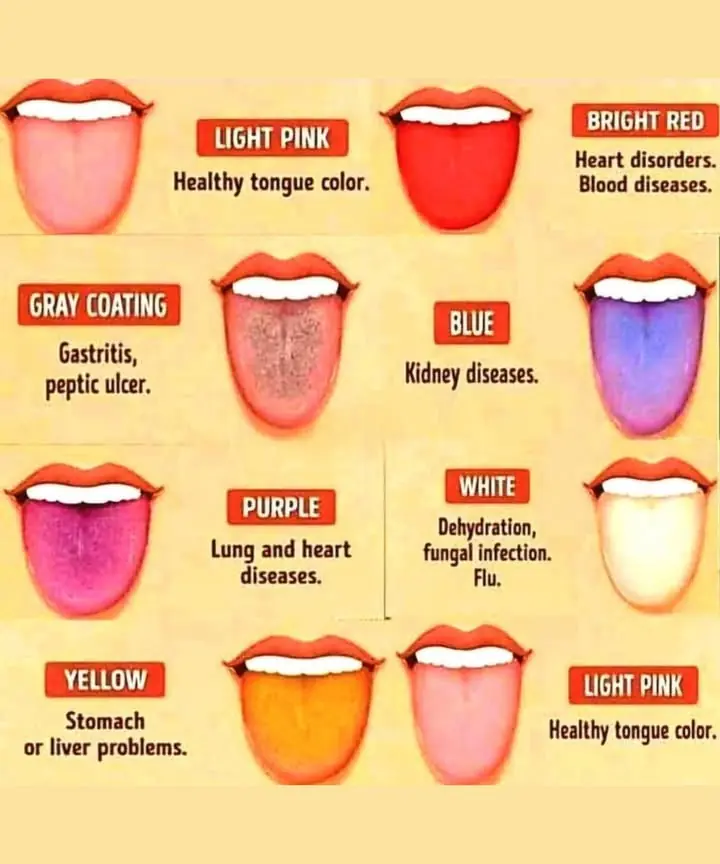
What Your Tongue Color Says About Your Health!
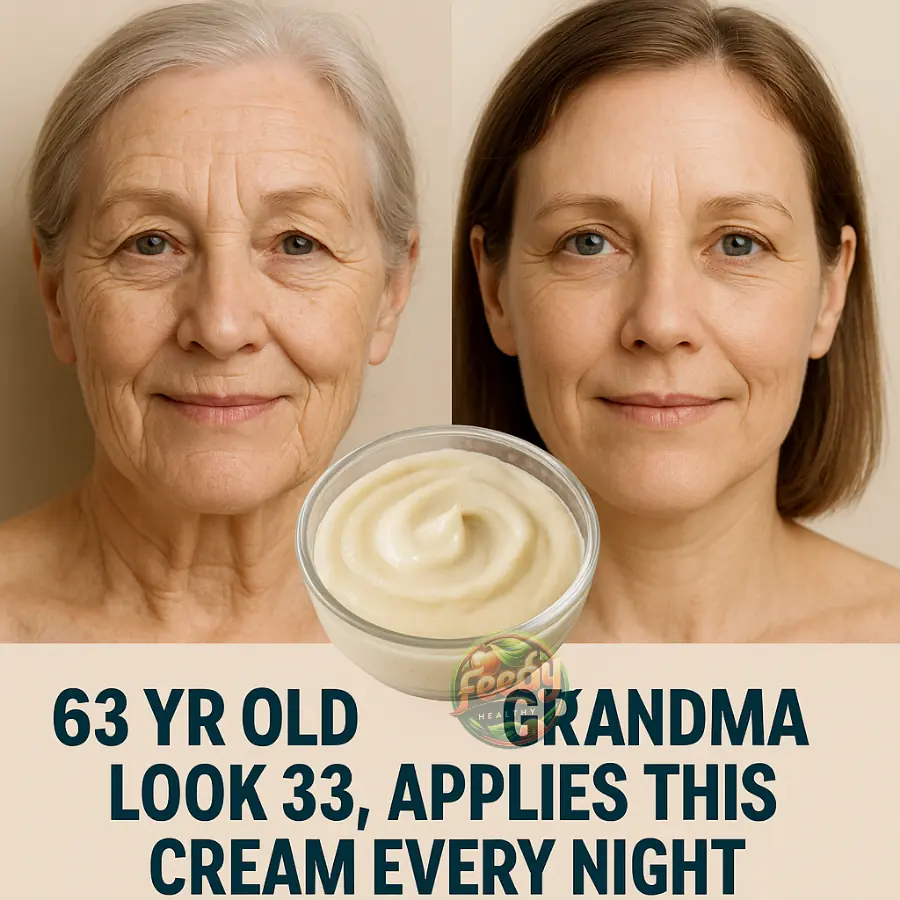
Rice Collagen Cream: No Wrinkles At Any Age
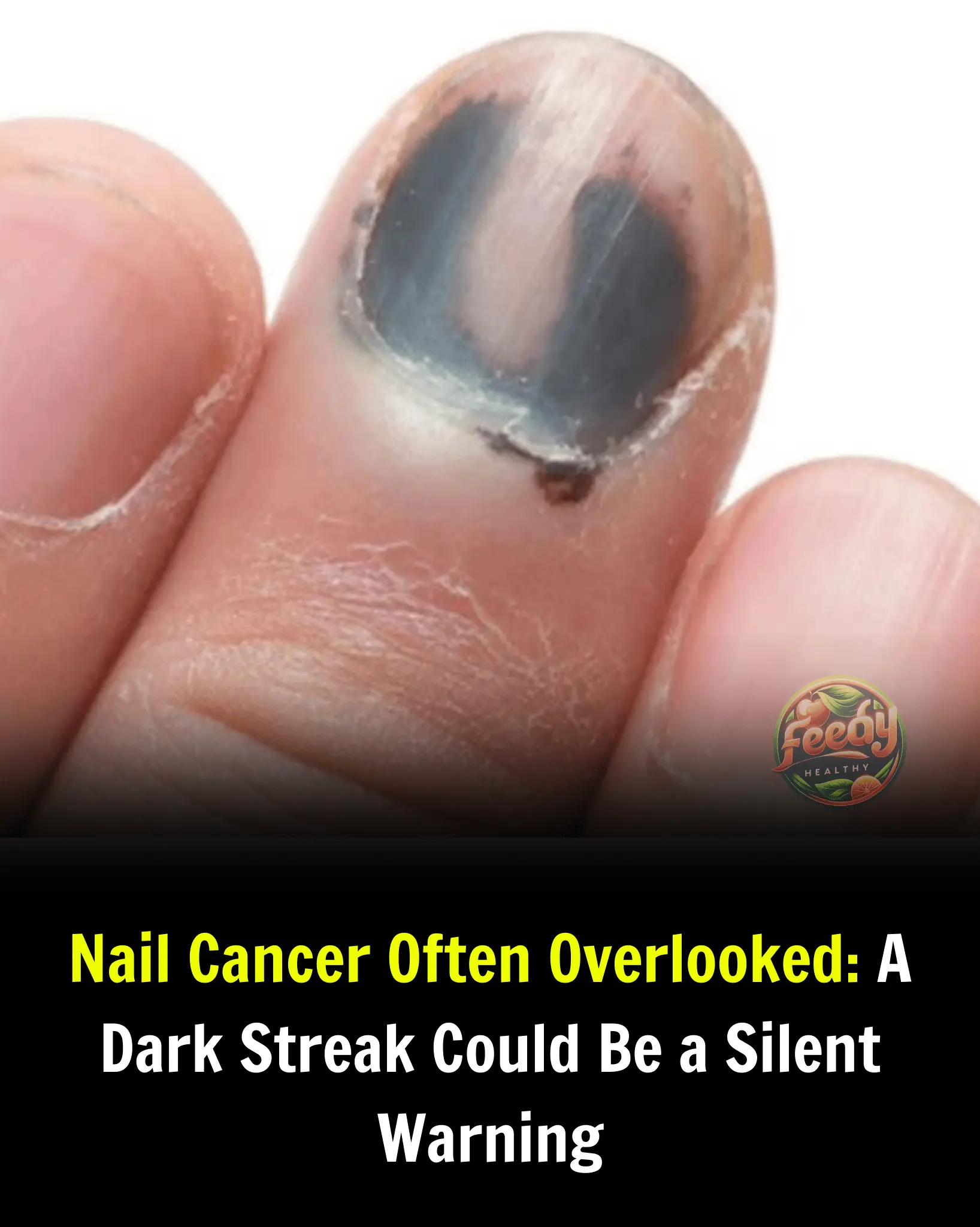
Nail Cancer Often Overlooked: A Dark Streak Could Be a Silent Warning

5 Foods That May Help Prevent Stomach Cancer

The Benefits of Boiled Eggs: Nutrition and Recipes You Should Try

Coffee Lovers, Take Note! “Extend Lifespan” or “Promote Cancer”? It All Depends on One Habit
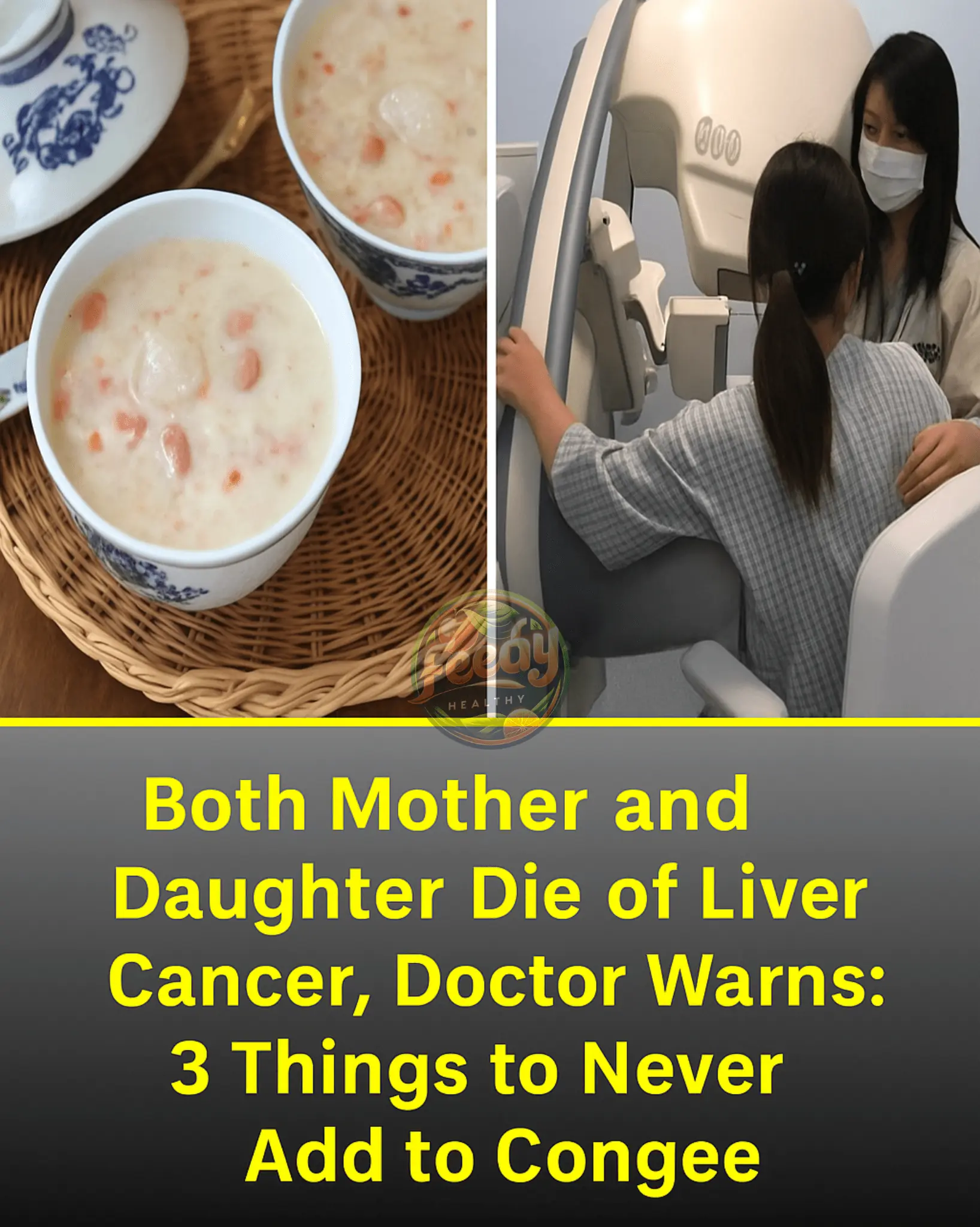
Both Mother and Daughter Died of Liver Cancer — Doctor Warns: 3 Things You Should Never Add to Congee
News Post

Blind, epileptic dog was found in box, thought to be dead — but now he’s made an incredible recovery

🍒🍫 Cherry Chocolate Chip Cake 🍫🍒

🍪✨ Peanut Butter Hazelnut Swirl Cookies ✨🍪

🍪❤️ Raspberry Chocolate Chip Cookies ❤️🍪

🌌🍦 Ultimate Galaxy Ice Cream Cake 🍦🌌

🍍🍓🍫 Pineapple Strawberry Chocolate Ice Cream Cake 🍫🍓🍍

🫐🍰 Indulge in Blueberry Mousse Heaven Cheesecake 🍰🫐

🍪🍊 Cranberry Orange Cookies 🍊🍪

💚🍰 Moist Velvet Lime Cake 🍰💚

🤍🍰 Sour Cream Pound Cake with Caramel Frosting 🍰🤍

💕😋 Raspberry Ice Cream Cheesecake 😋💕

💕😋 Swirled Chocolate Dream Bundt 😋💕

Twisted Doughnuts: Golden, Sweet, and Irresistibly Fluffy 🍩✨

What Your Urine Color Really Says About Your Health (It’s More Interesting Than You Think)

Chocolate Ice Cream Cone with Brownie Chunks & Fudge Drizzle: A Decadent Dessert Dream 🍫🍦

Triple Chocolate Mousse Cake with Berries: A Decadent, Showstopping Dessert 🍫🍓

Red Velvet Cinnamon Rolls with Cream Cheese Glaze: A Stunning Twist on a Classic Favorite ❤️🍥

Mango Layer Cake with Whipped Cream Frosting: A Light & Tropical Dessert Delight 🍰🥭
